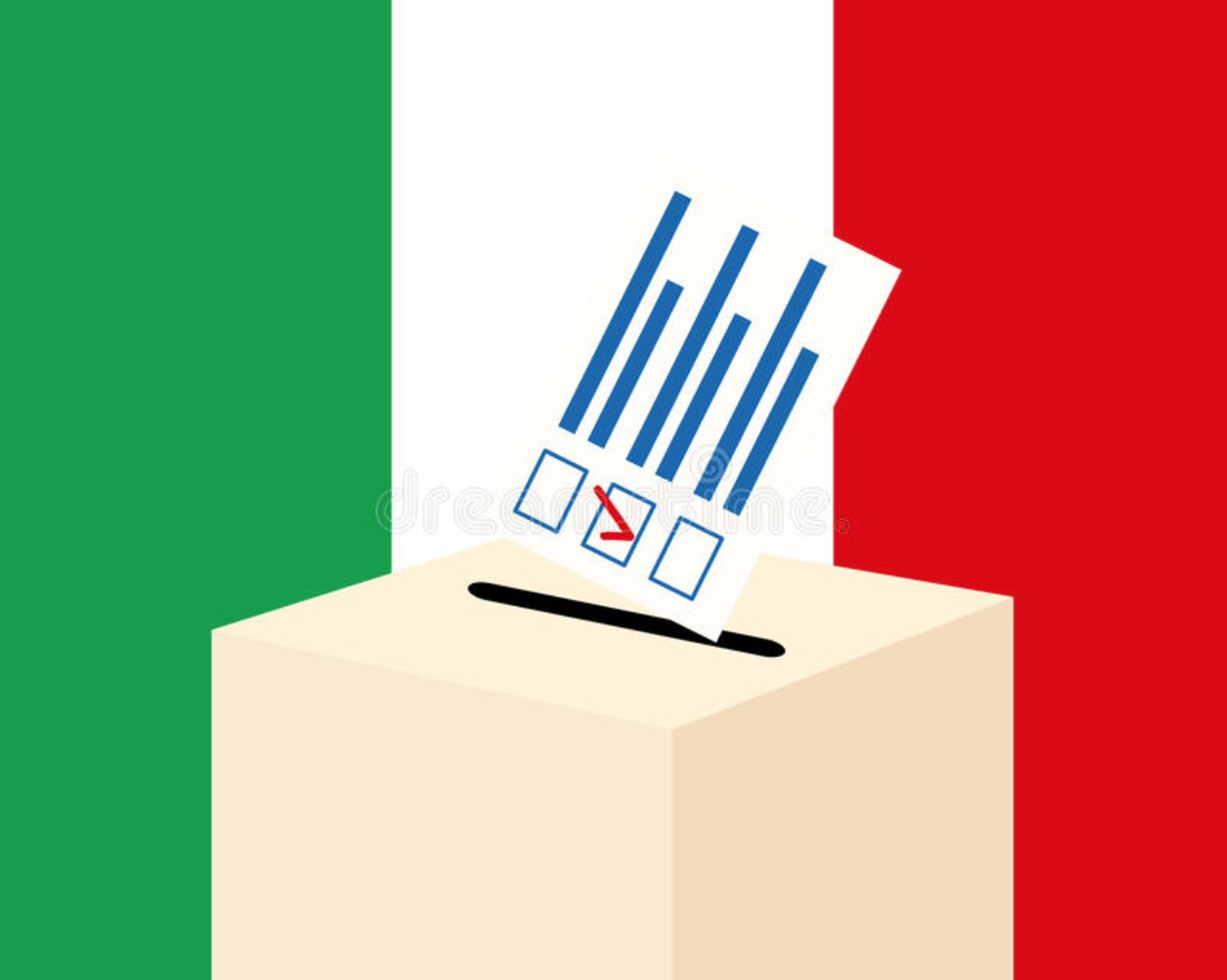By: Carlos Arriaga Serrano
Guest Writer
The Roman aristocracy once said “Panem et circenses,” meaning “bread and circuses.” The Roman emperors knew that if the citizens had food and entertainment, they wouldn’t complain about their leaders and the outcomes of military campaigns. For the past 20 to 30 years this equation has worked in Italy, although it sounded more like “Vino e Calcio,” “wine and soccer.”
However, since Italy did not qualify for the 2018 World Cup, politicians now don’t have an obvious distraction, and on Sunday’s presidential and parliamentary elections, the Italians reacted.
On March 4, Italians voted for their 45 Premier, their Prime Minister, since 1946. In case you want to do the math, Italy has elections every four years so, if everything had worked normally, Italy should have had only 18 Premiers. However,they are heading towards 45. This shows how politically unstable Italy has been and still is today.
Italian politics are “un casino” which means “a mess.” Still, people have voted for a change in the system. Mainly two political parties were the “winners” on Sunday. Firstly, the Five Star Movement, created by the comedian Beppe Grillo in 2009, and The League led by Matteo Salvini.
The former is a left-wing party and to some, an anarchist party, that was born as a movement and doesn’t have a very homogeneous ideology to which all its members subscribe. They are considered a populist party and their main goal is to change Italy’s corrupt system. ‘In Bocca di Lupo,’ meaning good luck, because they are going to need it.
The League is considered by some people as a neo-fascist and extreme right-wing party which, during most of the campaign, focused on immigration with slogans that should sound very familiar to Americans: “L’Italia prima” and “L’Italia per gli Italiani,” which mean “Italy First” and “Italy for the Italians” respectively.
Although, to be fair with The League, most of the political parties focused their campaigns on immigration and the fear of immigrants. A very hypocritical approach considering Italy’s past during and after World War II.
The Five Star Movement received 32.2 percent of the vote, thereby finishing as the popular party. Unfortunately for their voters, however, being the most voted party does not mean much.
The movement’s 31-years-old leader Di Maio, does not have a likely chance to create a government. His only opportunity is to forge a coalition with the great loser of the election, the party called Partito Democratico, which was led by the former President of the EU Council of Ministers, Matteo Renzi.
Partito Democratico received 18.6 percent of the vote, a decrease of almost 12 percent compared to the last elections (in which they were the most popular party). Now, they are second but followed very closely by The League with 17.7 percent.
Nonetheless, The League also has a chance to gain power. Salvini, before the election, made a coalition with the other two major right-wing parties: Berlusconi’s Forza Italia and Melloni’s Fratelli d’Italia.
You might know the first one already. Silvio Berlusconi, who on Sunday got 14 percent of the vote, despite the fact that he is banned from political office and activity for another year, has already led Italy for multiple terms.
Don Silvio Berlusconi is a smart man who went from being very poor to become the richest man in Italy. However, he is the perfect example of why Italian people are tired of their politicians. His career has been dogged by allegations of corruption, the solicitation of prostitutes, and opulent spending.
Berlusconi thought that he would get more votes than Salvini and become the leader of the right-wing coalition. This did not happen and, now, the President of the Republic Sergio Matarella, who has the representative power and acts as the mediator when a party does not get the majority, will individually meet with all of them and appoint one to form the government, something very unlikely considering the circumstances.
I can’t predict the future, but I did ask a few Italians to tell me what they the think is going to happen and what are some possible outcomes. Raffaella Colleti, a professor at Roma Sapienza University, said, “Salvini has a great chance to bring the far right back to government and this is concerning.”
Other Italians are more optimistic. “New elections are coming, and hopefully the right-wing voters will change their minds and votes,” said Gianni Peluso, a retiree.
As far as I can tell, new elections are something positive considering who could end up leading the country. As it happened in Spain two and a half years ago, if no leader can reach a 51 percent majority in the Congress, there will be a hung parliament and, most likely, new elections will be called.
Italian voters are tired of the political establishment. As it happened three years ago in Spain and two years ago in the United States, people are tired of politicians that have been in office for awhile and they want a change that, in current Italian politics, translates to popular and populist political parties.
It seems that now, the two most probable outcomes are either call for new elections or a coalition between the right-wing parties. There are other alternatives such as a colatition PD and Cinque Stelle, the two left wing oriented parties. Their aggressive political campaigns against each other did not point in that direction, but now their speeches are changing towards a more diplomatic and gentle approach to each other.
However, Italians did not vote for these coalitions so, in reality, the best outcome is to call new elections and hopefully this country with great ‘vino’ and ‘calcio’ would get the prime minister and government that deserves.



